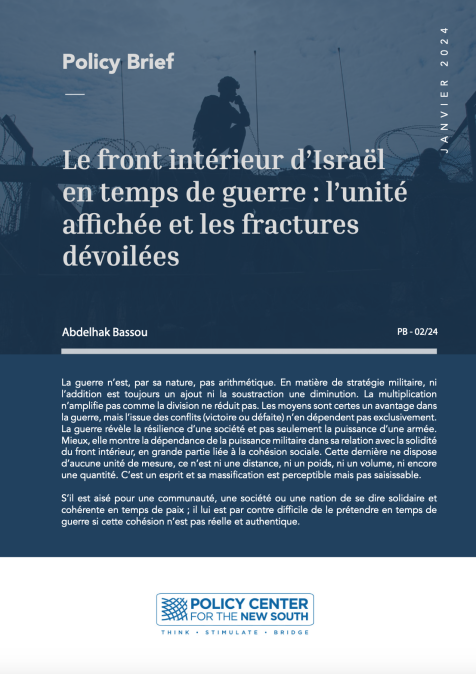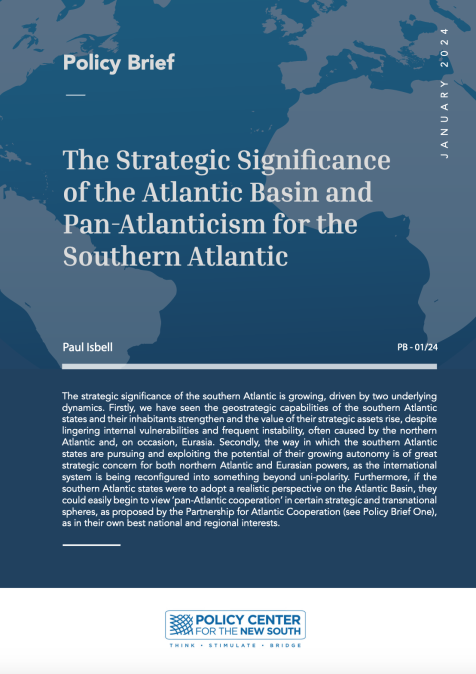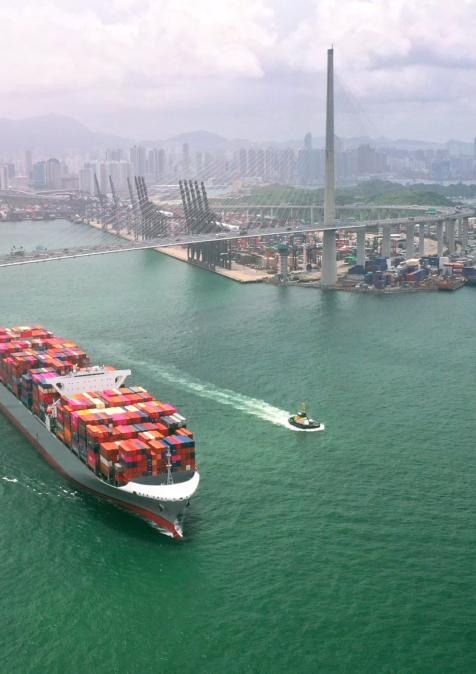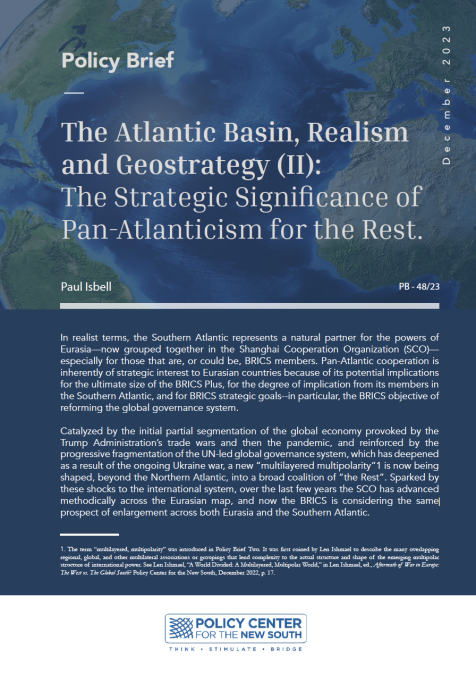Publications /
Policy Brief
Le paysage terroriste au Sahel se caractérise par une multiplicité d’acteurs qui déstabilisent les pays de la région. Malgré que chaque groupe terroriste possède des spécificités d’action et des zones d’influence propres à lui, il n’en demeure pas moins que deux grandes tendances idéologiques s’affrontent au Sahel. D’une part, Al Qaeda au Maghreb Islamique et d’autre part, l’organisation Etat islamique. Cependant, certains groupes continuent d’agir indépendamment des allégeances qu’ils ont prêtées en refusant de suivre les ordres de leurs leaders hiérarchiques. Face à cette complexité des acteurs terroristes qui sévissent dans le Sahel, ce Policy Brief se propose d’examiner la situation en levant le voile sur le système des allégeances, la relation entre les différents groupes, mais également, le jeu des acteurs étatiques dans leur lutte contre ces différentes nébuleuses.









